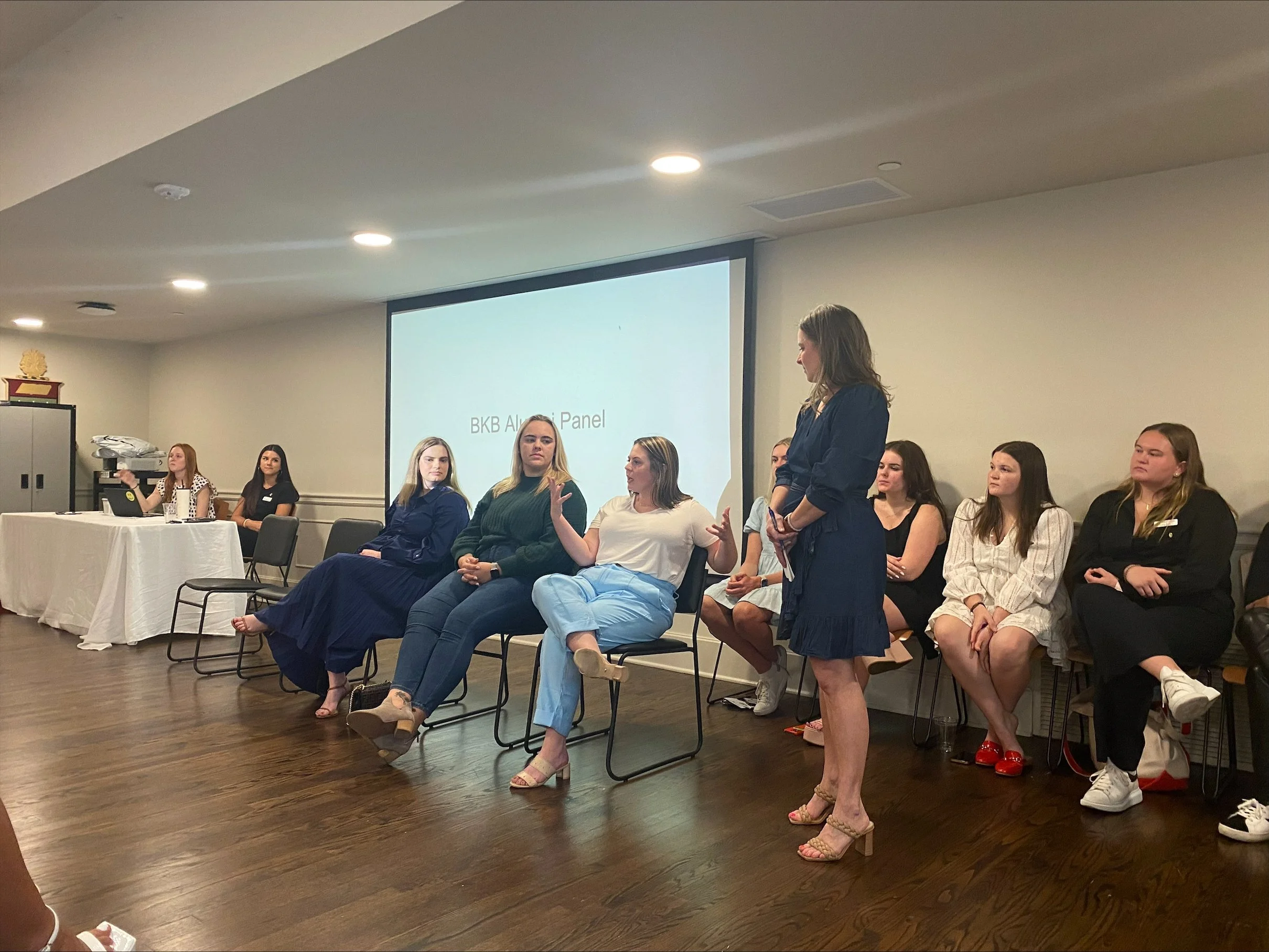My Journey to becoming a Holistic Therapist
When people ask me what I wanted to be when I grew up, I always had a variety of answers. I wanted to be a marine biologist, Britney Spears, and a Supreme Court justice before I wanted to be a therapist. The type of therapist has changed over time as I have learned more about myself and navigated the mental health space. I recently spoke on a career panel for college women, and I spoke about the importance of making mistakes, allowing yourself to fail and try again, and being open to any opportunity. I emphasized the importance of learning what you can, taking what works with you, and leaving the rest behind. I would have never planned to take the path I did to become a small business owner, but the beauty is in the unexpected.
After college, I accepted a research position on a study focused on helping individuals with serious mental illness (SMI) lose weight and quit smoking. After six months, I knew that if I worked on Excel spreadsheets for the rest of my life, I would be completely miserable. Yet, my favorite part of the day was being inside the psychiatric rehabilitation programs and working with the clients in the milieu. I applied for a master’s program in clinical mental counseling and began to change my career trajectory.
Aubrey Richardson LPC (owner & therapist at Sage Holistic Counseling PLLC) speaking on a career panel at her alma mater to a group of college women
While completing my master’s, I continued to work full-time in research while also interning at a different psychiatric rehabilitation program in Maryland and then at Texas Health Presbyterian in Dallas. I gained experience completing mental health assessments with community members as well as providing therapy in inpatient, partial hospitalization (PHP), and intensive outpatient programs (IOP). After graduation, I accepted a position as the mental health IOP coordinator and began working at a group practice as well. Throughout my experiences, I continued to notice that the mind was being treated separately from the body. Anxiety and depression were the most common symptoms, and underlying trauma was the most common cause. There was an intense focus on treating the symptoms in the shortest amount of time, without important context or digging deeper, and without important coordination of care. Taking my almost decade of experience, I opened my own practice that holistically views a person as an entire being (not a brain on a stick). I coordinate with any existing providers and encourage folks to take care of their mind, heart, and spirit in whatever ways are most supportive whether that is through acupuncture, medication, or quitting your job. We work together to create more room for you to breathe without the pressure of anxiety or depression to target the root cause. My goal is to eventually work myself out of a job, even though I believe I am a joy to work with, no one wants to be in therapy for the rest of their life.
If my story resonates with you and you’re interested in working together, submit your information here.
See more photos on Instagram here.
